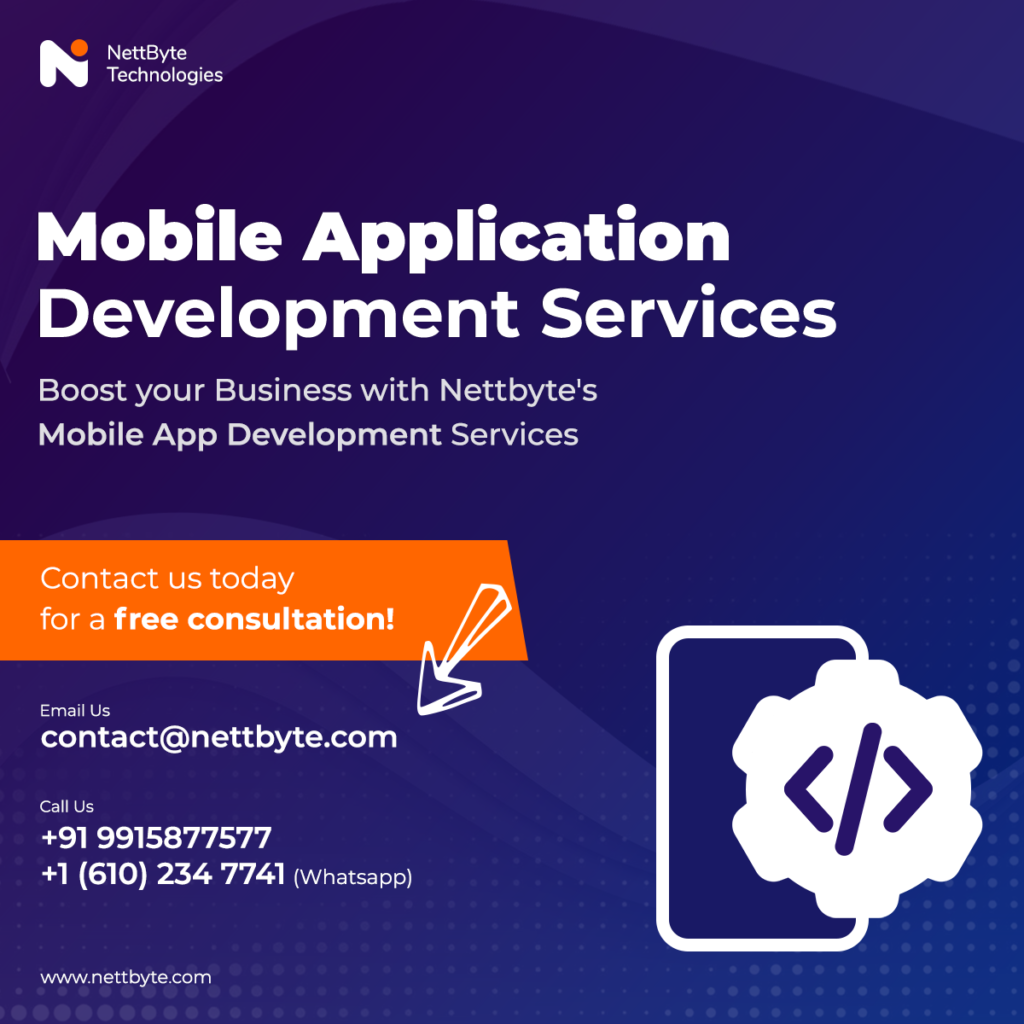Starting a business is an exhilarating journey, but getting the word out about your products or services is equally important for your venture’s success. Marketing plays a pivotal role in attracting customers, building brand awareness, and driving sales. If you’re wondering how to start marketing your business, this guide will walk you through the essential steps to get you on the path to success.
1. Define Your Target Audience
The first step in any effective marketing strategy is understanding who your target audience is. Clearly defining your ideal customers will help you tailor your marketing efforts to their needs, preferences, and pain points. Consider factors like age, gender, location, interests, and buying behaviors. This knowledge will guide all your subsequent marketing decisions.
2. Create a Strong Brand Identity
Your brand identity is the face of your business. It encompasses your logo, color scheme, typography, and overall aesthetic. A consistent and memorable brand identity helps you stand out in a crowded market. Ensure that your brand’s personality and values shine through in all your marketing materials.
3. Develop a Compelling Website
In the digital age, a user-friendly website is a non-negotiable asset. Your website serves as the online storefront for your business. It should be easy to navigate, mobile-responsive, and optimized for search engines (SEO). Include essential information about your products/services, a clear call-to-action, and a way for visitors to contact you.
4. Leverage Social Media Platforms
Social media platforms offer a powerful avenue for reaching your target audience. Choose the platforms that align with your audience’s preferences and actively engage with them. Share relevant content, such as blog posts, images, and videos, and interact with your followers to build a loyal community.
5. Content Creation and Marketing Campaigns
Generate valuable content that addresses your audience’s pain points and interests. This can include blog posts, videos, infographics, and more. Regularly update your content to keep your audience engaged and informed. Additionally, plan marketing campaigns that align with important events, holidays, or trends relevant to your industry.
6. Utilize Email Marketing
Email marketing remains a highly effective tool for reaching your audience directly. Build an email list through your website and social media platforms. Send out informative and engaging emails, such as newsletters, product updates, and exclusive offers.
7. Monitor and Adapt
Regularly monitor the performance of your marketing efforts. Analyze metrics such as website traffic, social media engagement, email open rates, and conversion rates. Use these insights to adapt your strategies and optimize your campaigns for better results.
8. Consider Paid Advertising
If your budget allows, consider investing in paid advertising. Platforms like Google Ads and social media ads allow you to target specific demographics and interests. Start with a modest budget and test different ad formats to see what resonates with your audience.
Role-Based Access Control
Role-based access control is a security feature that allows our clients to control access to data based on the roles of individual users. Our custom software solutions incorporate this feature, which helps our clients maintain data security and control.
Integration with Third-Party Systems
Our custom software solutions can be integrated with third-party systems, such as CRM and accounting software. This feature enables our clients to streamline their business processes and improve their overall efficiency.
Custom Software Development
Custom Workflow Automation
We understand that our clients have unique business processes, and our custom software solutions incorporate custom workflow automation that aligns with their business processes. This feature helps our clients streamline their operations and improve their overall productivity.
Mobile Compatibility
In today’s mobile-first world, having a software solution that is mobile-compatible is critical. Our custom software solutions incorporate mobile compatibility, which enables our clients to access and manage their business data from anywhere, at any time.
Scalability
Our custom software solutions are designed to be scalable, meaning they can handle growing volumes of data and users without compromising performance. This feature enables our clients to grow their business without having to worry about outgrowing their software solution.
Data Analytics and Predictive Analytics
Our custom software solutions incorporate data analytics and predictive analytics, which enable our clients to analyze and interpret data to make informed decisions. This feature helps our clients stay ahead of the competition and make proactive decisions that improve their business performance.
In conclusion, starting to market your business requires a strategic approach that centers on understanding your audience, creating a strong brand presence, utilizing digital platforms, generating valuable content, and adapting based on data. By following these steps and remaining dedicated to your marketing efforts, you’ll be well on your way to building a successful and thriving business.







